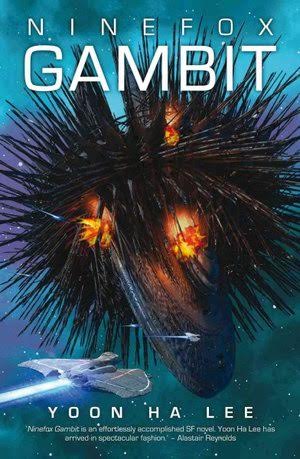Crash Course: essays from where writing and life collide, by Robin Black

The third book from short story writer and novelist Robin Black collects her recent essays, many of which first appeared on the great, and sadly erstwhile literary blog, Beyond the Margins. Crash Course, subtitled essays from where writing and life collide, is aptly divided into two sections. Part One, LIFE (& Writing), is followed by WRITING (& Life). Both perspectives offer insights writers will find instructive and heartening. Crash Course lends wisdom on a range of writing and business-of-writing topics, and at the same time, reads like a memoir. This facet of Crash Course shows us the writer as she reckons with her past and the self that has emerged. I especially appreciated the forthright stance Black takes with her struggles, aspirations, doubt, and sense of accomplishment, all delivered in the deft prose for which her fiction is highly praised.
There is, for example, the late start she had as a writer—re-married with two small children, battling the dread and desire to write while at the same time being derailed by agoraphobia. There is too, the sorrow and shame of the years of delayed work, a regret that Black sometimes finds hard to shake. Years later, despite the leap of enrolling in a graduate creative writing program and the subsequent success of two books (a story collection If I loved you I would tell you this, and a novel, Life Drawing), the worry can still persist:
“On any given day, I don’t know if I will be able to write, I don’t know if I will like what I produce…I don’t know whether, if published, it will find readers for whom it ‘succeeds’…I don’t know if I will be publicly insulted or lauded for the work I have done, or ignored.”
That unpredictability, and uncertainty, she points out, is also a state writers seek, even though (or perhaps because) it’s uncomfortable. As Black wisely observes, the rewards that come with writing’s risks are “something for which to be grateful.”
The essay “AD(H)D I” looks at the futility of trapping oneself, and others, in a cage of perfection. As an adult with Attention Deficit Disorder, there is a period in which Black’s life is in a general state of upheaval with lack of focus and follow-through. Upon meeting the man who would be her second husband, an organized, seemingly unflappable person, she encounters the proverbial opposite. As Black tells it, he brings a sense of order to the chaos—though not without its complications. This orderly, attentive man unwittingly throws her own qualities into a less-attractive high relief:
“…he found my left sneaker, cleaned our clogged gutters, replaced our souring milk, and remembered to pay our bills. The bastard!”
What this essay achieves, as do so many in this collection, is the quick pivot from life to writing. In “AD(H)D I”, the turn takes place as the couple comes to an understanding based on mutual empathy—an event that for Black brings a revelation—that her husband isn’t the one who needs to change. This epiphany, as she next points out, though groundbreaking in real life, isn’t as effective in fiction, adding, “the bar for plausibility is higher in fiction than in fact.” This essay runs early in the collection, but in the facile shift from life to writing we understand how Black means to show us the way each is informed by the other.

Crash Course is also a lesson in the short essay. Most pieces run two to five pages, yet each feels complete and effortless. Black looks at a range of issues, among them: on writing query letters (including the author’s own. Tip: think voice); on inaction in fiction; revision and letting go of first ideas; on the excellence of adverbs (shout out to Truly, Madly, Deeply); true-life anecdote versus the narrative needs of story; and some qualities of distinctive fiction (hint: momentum, authority, and “a confident intelligence”).
One of the most fascinating threads in this collection is Black’s relationship with her father, a brilliant, complicated, and troubled man whose role has clearly been powerful. In matters of achievement, we learn, the elder Black’s view was “If it isn’t to be a work of genius, it isn’t worth writing,” a standard that rendered Black, in her words, “a study in blockage.” She writes, “Even as I battle the toxic standards of success that my father breathed into my dreams, I find myself grateful for his example of how fiercely one can try to fight a demon down.”
That personal history made me wildly curious about this larger-than-life formative relationship and its role in forging the writer from her nascent self. I can guess an author as inventive, smart, and anchored by deep feeling as Black has plenty of projects in the queue, any of which I’d eagerly read, and it would be thrilling if that memoir were among them.
Read more about Robin Black here.
—Lauren Alwan

